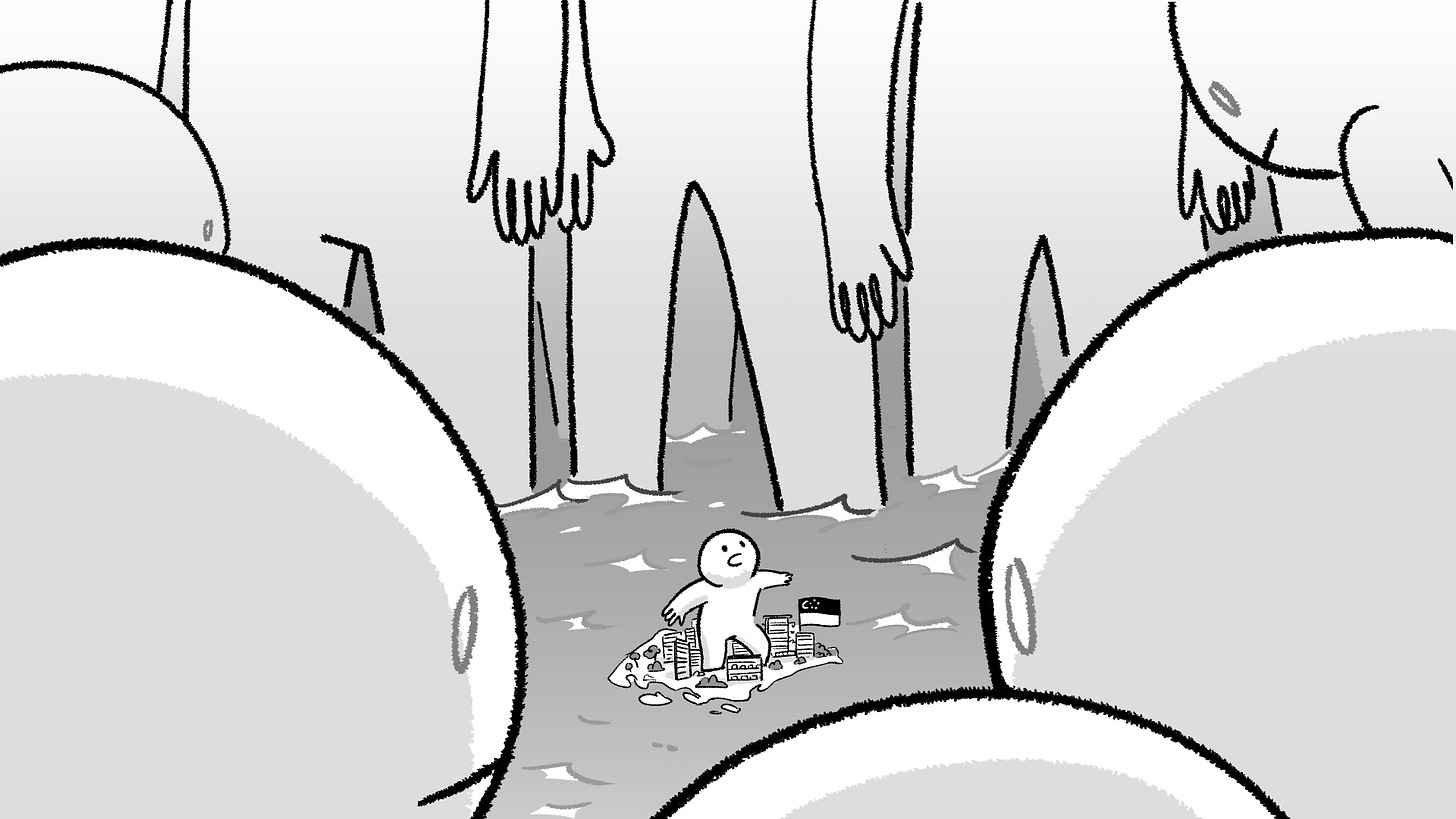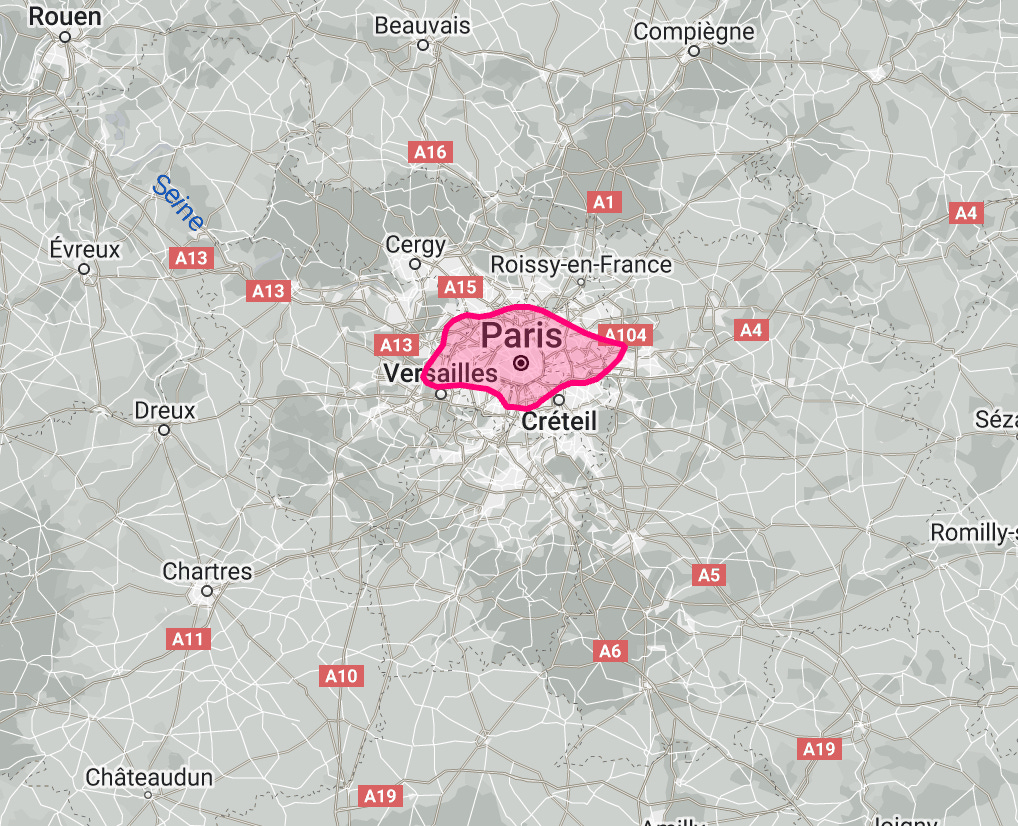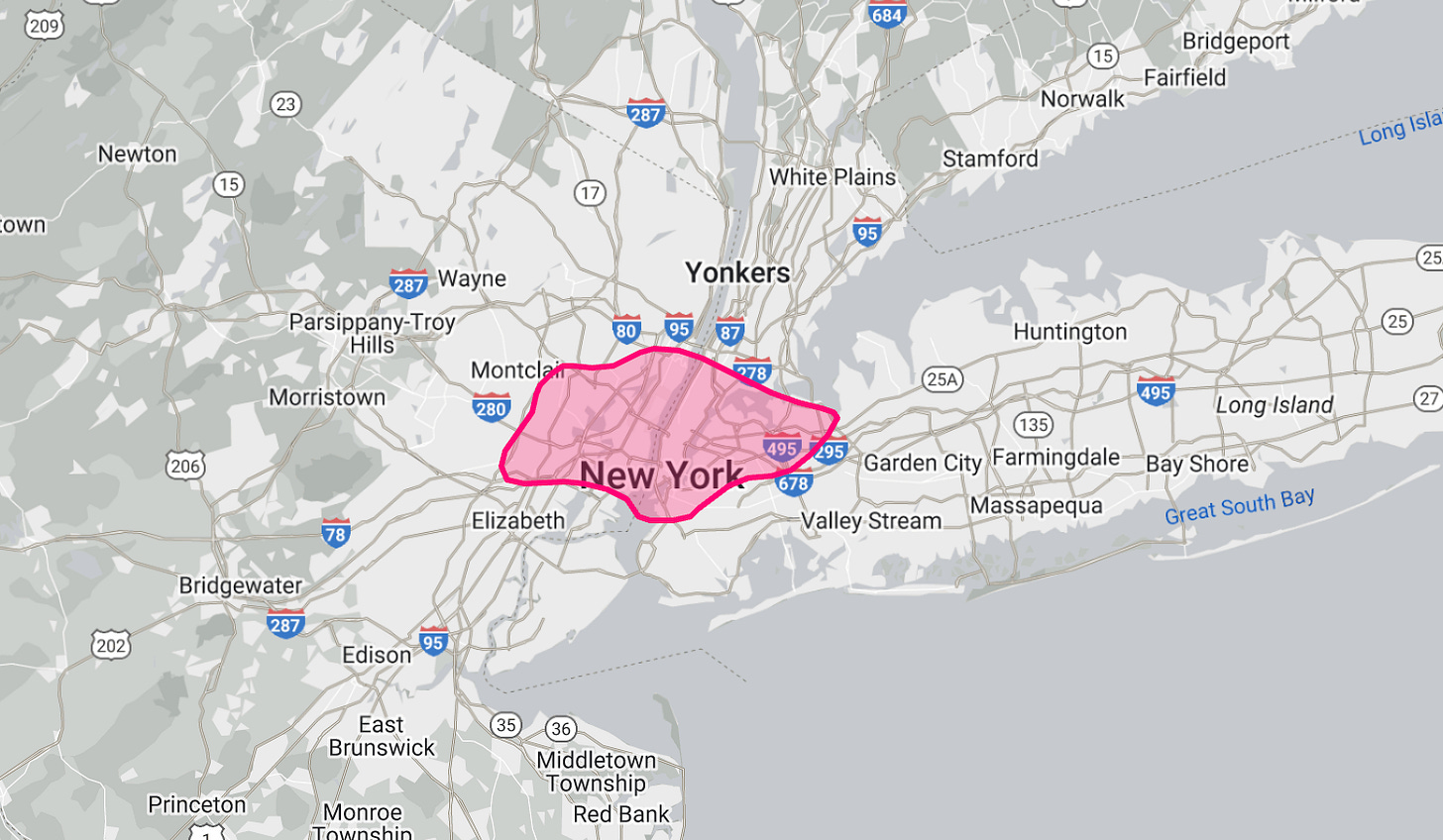The one realisation that Singaporeans need to have by now
The truth has always been there. Question is: Can you accept it?
Almost certainly, there’s a rising tide of dissatisfaction in Singapore these days.
There's a good reason to be.
The cost of living has surged. Once affordable public housing prices have increased at breakneck speeds. Owning a car comfortably is now something only the upper middle class can dream of.
That’s not all.
Foreign talent is flooding into the city. Older folk are working longer than they used to be.
But as much as we’d like to think of these problems as unique to Singapore, they aren’t.
After all, many cities in developed countries are facing the same problems.
What is perhaps more accurate to say is this:
Singaporeans – more than any other nationality – are uniquely handicapped in their ability to deal with these changes.
Why? Because we’re a city-state. (One of the world’s three, apart from Monaco and Vatican City.)
And being a city-state has many, many implications.
Singapore is a city, and cities are expensive
Singapore might be a country, but by most global standards, it’s a city. And successful cities are expensive.
New York is more expensive than America. London is more expensive than the UK. You get the idea.
Why? Cities are places where many people gather to get opportunities in hopes of improving their lives. This invites intense competition, which leads to higher prices. Property, labour, food, cars, etc.
Needless to say, this creates extreme inequalities.
In most countries, cities can expand
When cities grow too big, they expand outward in a process called urban sprawl.
Urban sprawl is bad for the environment, and it’s terribly energy inefficient. But it allows for more affordable living for the people who are willing to move away from the city centre.
We’ve done up some images that will allow you to compare the size of Singapore vs some other major cities around the world.
Check them out below.
Singapore, as a country – and as a city – is limited by land. That means no urban sprawl.
It’s a tiny city-state with no rural area. Unlike many of the cities above, it can’t expand beyond that 728.6 km2 landmass.
This means that space in Singapore is almost guaranteed to be expensive.
Look, this is by no means Singapore’s fault.
There are those who won’t like hearing this, but it’s true. There are limited cards that a tiny country with limited resources can play.
To get the tax dollars it needs to fund its needs, Singapore needs to remain relevant and competitive in the global economy. In turn, it needs to attract talent and wealth to do so.
With its ageing population and declining workforce, this is all the more true.
Is there an alternative to this rat race? Absolutely.
There are indeed many small island nations (Andorrra, The Maldives, Tonga) in the world, where people lead a simple life.
But its citizens lack purchasing power, mobility, and modern-day comforts. They might even be dependent on foreign aid for survival.
You can be pretty damn sure the average citizen there wouldn’t enjoy the electronics, gadgets and international mobility we have today.
Let alone have international celebrities like BLACKPINK or Coldplay hold concerts there.
Most cities exist because they have the backing of an entire country
London would not survive without the United Kingdom, same with Melbourne and Australia.
It would have to raise its own military and secure its own water supply.
It would have to be a wealthy, influential small city-state to have its needs even considered on the world stage.
London would also have to attract the top talent from cities all over the UK; Manchester, Birmingham and Glasgow.
In short, it would kinda have to do what Singapore has done.
So, the very things that make Singapore rich, also make Singapore a place where the pace of life is relentless. Singapore is good for some things, but bad for others.
That’s something that we need to accept, whether we like it or not.
What, then?
In many countries, if one is willing to move out further away from the city, prices instantly become more affordable and more relaxed.
A simple search on RealEstate.com.au will show you that the price gap of real estate between cities and rural areas can be massive.
Of course, there are trade-offs. Job opportunities are few and far between. Public services are not as good. Connectivity, convenience.
But, people have a choice about how they want to lead their lives.
Want to earn money? Head to a major city.
Want to take it slow? Go somewhere less intense.
It requires a paradigm shift, but as a start, I think Singaporeans can try to see Southeast Asia as a large, diverse country. And Singapore, as one of its many cities.
After all, pre-merger, former Malaysian Prime Minister Tunku Abdul Rahman went as far as to say that Singapore was the ‘New York’ of Malaysia.
Lest you think it’s ‘sad’ that you need to consider moving out of Singapore, consider that all around the world, people leave the place they’re born for various reasons.
As mentioned, it could be for job opportunities.
Someone might move from Hobart to Melbourne to find a job. Or Xiamen to Shanghai.
But it could also be for affordability. You made your money in Tokyo, now, time to retire in Fukuoka.
From another perspective, if you’ve intentionally limited your life to 0.001% of the world's habitable land area…perhaps that’s ‘sad’.
We acknowledge that this is difficult
For many Singaporeans, the idea of moving away is unfamiliar. Uncomfortable. Unthinkable, even. The lack of the option of dual citizenship also likely plays a part.
Perhaps that’s why instead of having a potentially better life elsewhere, many disgruntled Singaporeans choose to continue an unhappy existence here.
My guess?
It’s because Singapore is a country, and leaving your country is absolutely more daunting than leaving your city.
And yet, it’s an undeniable fact.
The inability to look beyond Singapore only restricts what options you have, and the lives you could potentially lead.
So, look:
If you like Singapore, stay. It’s an objectively awesome place to be born in. Literally millions of people around the world wished they were born here.
If you don’t like it, you can try to change it. But there are limits to what it can become.
At the same time, leaving Singapore should not be seen as unthinkable or taboo. Especially if it aligns with your long-term happiness.
Is that a hard truth? I absolutely think it is.
But sometimes, we need them to keep us going.
Stay woke, salaryman.
You might also enjoy the following:
Why inequality looks the way it does











Always enjoy TWS articles, and love this one in particular. It's a hard truth, but it's an argument that has to be made.
Other commenters have distilled your very thoughtful article down to "If you feel Singapore is too expensive for you, leave". That's way too simplistic, and IMO, not what you're saying at all. My takeaway from your article is:
- Life in cities is expensive
- As an island city-state we can't expand out into the hinterland to give our citizens cheaper living options, because no such hinterland exists.
- But as individuals, we can choose to make an informed choice between competing to exploit the many economic opportunities here, or migrate to the "sort-of" hinterland (the rest of SEA) and enjoying a slower pace of life but with maybe a lower standard of living.
Which is more or less the same takeaway I see in most of the TWS articles I've read - "This is the economic/financial reality, hence this is the trade-off, decide for yourself what is best for you". You're not telling people who can't afford it to leave the country; you're simply pointing out that because of our unique situation as a prosperous island city-state, moving out of Singapore can sometimes make sense, just as people in other countries move out of large cities to the suburbs to enjoy a lower cost of living. It's certainly not for everyone, but you're trying to introduce Singaporeans to a different point of view, one that is very common among city-dwellers in larger countries (and the minority of Singaporeans who have made the move overseas and found that it works for them). You clearly state that if anyone wants to get out of this "rat race", there is an alternative, admittedly one that is not without trade-offs. Thank you for having the courage to share this perspective, knowing full well that you would catch a lot of flak for doing so.
Can I say that I just LOVE the fact that you took the effort to superimpose Singapore's outline on top of maps of major cities and measure everything properly and make sure it's to scale! I've had the privilege of travelling to London and New York for work a couple of times, and I'm always mind-boggled by the size of these megalopolises - can't wrap my head around the fact that several Singapores can fit into some major cities, and those cities are further surrounded by endless suburbs, minor towns and farmland. It's a miracle that we can hold our own as a nation and even thrive in a world filled with so many other larger countries. Your maps make that point better than words could.
It's great that you mention our ageing population and the declining size of our workforce - these are the driving factors behind our openness to foreign talent and capital. We simply cannot afford to cut ourselves off from the rest of world as that means being cut off from new ideas and technologies as well - that would spell inevitable economic decline and a "shrinking of the pie" for all. I would love to live in an alternate universe where Singapore's birth rate was 2.1 and we were much less dependent on foreign talent and capital, but sadly that's a much more complex problem and so we don't live in that reality. To me, every rich foreigner that comes in is another one we can tax more money from to fund our uncles and aunties' health care in their golden years.
I for one don't want to see any native-born Singaporean decide that our home has become too expensive and decide to move out. Isn't the ideal reaction to incoming "foreign talent" to retrain/upskill ourselves for the new, higher-paying jobs on offer, so that we can show anyone who comes in that they're not so talented after all ("anything you can do, I can do better" attitude). We have to take advantage of our world-class universities and polytechnics, government support and the ever-increasing reservoir of free/next-to-free online courses on the Internet. It takes time and effort, but I don't believe that all the foreigners coming in have such special skills that we can't replicate in ourselves. The need to retrain and switch careers in this fast-moving, technology-disrupting global economy we lived in is a point you at TWS have made many times in the past, and it's something that all us TWS readers need to take to heart (and with Singapore unemployment at a 15-year low of 1.8%, it's something that will definitely pay dividends).
Thanks again for your courage in putting out this inconvenient truth.
Always a fan of your perspectives, but Singapore IS in a unique position because we are currently the only city-state to experience this. Comparing it to big cities like London and Paris doesn't really justify because as mentioned, their locals have other cities to rely on, and we do not. Sweeping that under the rug for neutrality in this article is of poor taste.
Take Hong Kong for example, their housing crisis and cost of living started stabalising after the merger with China. Unfortunately for us, we don't have any big bro backing us.
Moblity is a privilege for Singaporeans, it's not that easy for SG passport to move overseas. Agree that it shouldn't be taboo, but leaving Singapore today has a whole set of consequences that someone who did it 10 years ago didn't have. Leaving SG now means the possibility of never being able to afford our cost of living, our public housing, and losing our place as citizens. It has far greater negatives than positives, because moving is for survival and not some "hehe living overseas is fun!" trope.
Take it from a Singaporean that moved, I wish I can be in SG long-term. But the costs are just not viable, so I have to let my own country go. And if that is not sad I don't know what is.